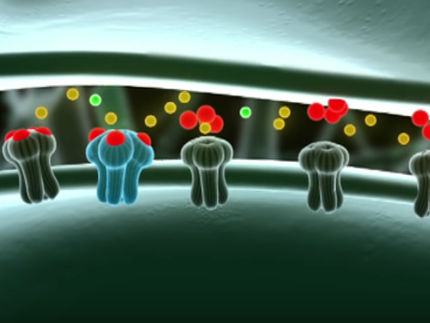Addex Announces ADX10059 Phase IIa Acute Anxiety Data
Advertisement
Addex Pharmaceuticals announced that ADX10059 did not reduce acute anticipatory anxiety in a small Phase IIa study in patients with dental anxiety. However, some signs of anxiolytic activity were observed. Development of ADX10059 for gastroesophageal reflux disease (GERD) and migraine is continuing as planned.
"Although ADX10059 did not demonstrate efficacy in this clinical model of acute anticipatory anxiety, we believe ADX10059 has potential for other types of human anxiety, especially where therapeutic administration of a longer duration is necessary," said Charlotte Keywood, CMO of Addex. "We will complete analysis of the data from this study before announcing further plans for ADX10059 in the anxiety indication."
The study was a double-blind, placebo-controlled trial, conducted at specialist U.K. dental centers. It included 50 patients with moderately severe dental anxiety that underwent a routine dental procedure. Patients received a single 250 mg dose of ADX10059 or placebo 60 minutes prior to a dental procedure. Anxiety was measured at specific time points before, during and after the procedure using a subjective rating scale, called the Visual Analog Scale of anxiety (VAS anxiety). Skin conductance, an objective measure of the physiological response to stress and patient ratings of study medication effectiveness also were collected.
The primary endpoint, VAS anxiety at 60 minutes after dosing (immediately prior to the start of the dental procedure), did not show a statistical difference between ADX10059 and placebo (mean VAS 4.81 cm compared to 4.67 cm, respectively). Although VAS anxiety is a well recognized way to measure response to anti anxiety medications, it is a subjective measure and consequently can make interpretation of drug activity challenging, particularly in smaller studies.
Signs of anxiolytic activity were observed in the trial. Although the differences were not statistically significant, patients in the ADX10059 group had lower increases in skin conductance at all time points from 30 minutes post dose, suggesting a lower level of stress. In addition, patients rated ADX10059 as more effective, with 56% rating it as "good" or "excellent" compared to 30% of those who received placebo. Also, 15% of patients receiving ADX10059 rated it as "poor" compared to 39% of patients receiving placebo. Statistical analyses of the patient ratings are ongoing. ADX10059 was generally well tolerated in the study and there were no serious adverse events.
In preparation for the Phase IIb program, ADX10059 formulation work is nearing completion and the first galenic formulation of the product is expected to enter a confirmatory Phase I program around the end of the first quarter of 2008. An unformulated version of ADX10059 (i.e. the active pharmaceutical ingredient in capsule) met primary endpoints in separate Phase IIa proof of concept studies in GERD and migraine in 2007.




















































